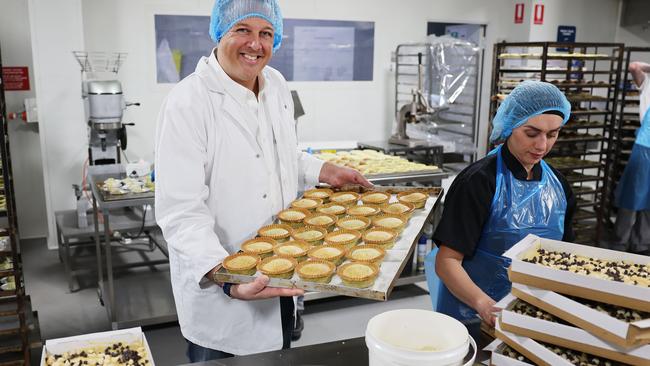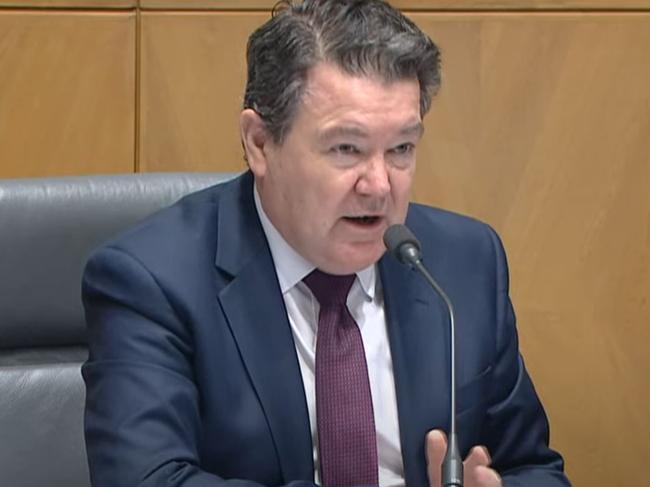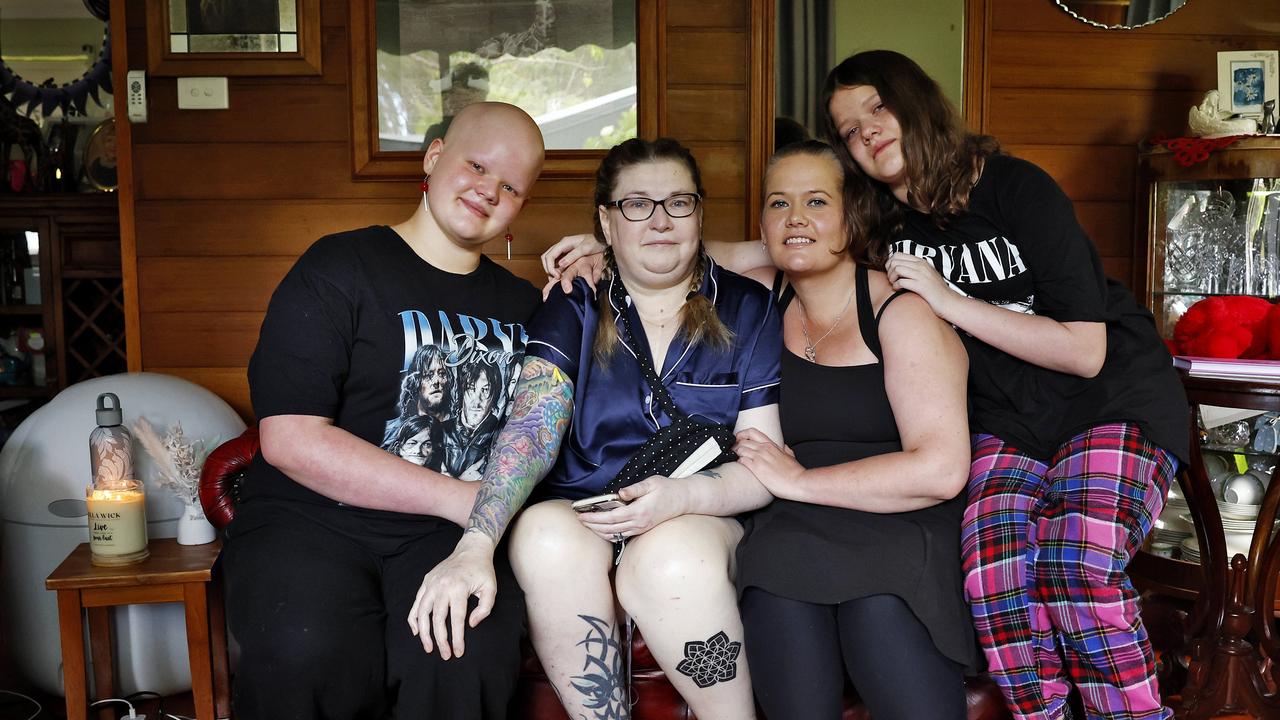Sweet plan to cut tax and food waste
A new bill has been introduced to federal parliament which would introduce tax breaks - including cash back payments - to small businesses trying to donate surplus food.

NSW
Don't miss out on the headlines from NSW. Followed categories will be added to My News.
On any given day, western Sydney business Madhouse Bakehouse has up to a pallet worth of food they’re faced with either throwing in a skip bin or trying to transport to a charity.
The produce – including brownies, cookies, slices and a range of other desserts – which doesn’t make it to a charity joins the more than 7.6 million tonnes of food waste generated in Australia every year.
In a bid to cut down on the mass of waste, a new bill has been introduced to federal parliament which would introduce tax breaks to businesses trying to donate food.
The tax incentive would allow businesses to receive a 20 per cent cash back on all of the costs associated with donating food, and for larger businesses to get a 10 per cent credit on their tax bill.
Madhouse Bakehouse founder Ross Galettis, whose company manufacturers sweets for airlines and service station chains, said up to a pallet a day of unused food could be generated if it didn’t match the exact specifications they were contracted for.
“If it’s supposed to be 60 grams and it’s 59g, we can’t sell it,” he said.
He said his business already donated to Foodbank and Aus Harvest regularly, which often means their own bottom line takes a hit.

“A lot of the time we have to spend money to go and deliver (to charities), when we’re already losing money (on the produce),” he said.
He said a tax incentive to donate food would “completely change the way we look at offloading the waste”.
“It would really help us. It would also keep a lot of food out of the skip bin because I’m sure a lot of people don’t donate, because it’s too hard.”
The bill was introduced by Western Australia Senator Dean Smith and was economically modelled by KPMG, with the firm’s partner Georgie Aley saying the tax tweaks would be “a win-win for food relief and supporting those who are vulnerable in the community”.
“For farmers who produce a crop, which may not meet specification for a supermarket … at the moment, they don’t get any financial compensation, and there’s no incentive, to make sure that food doesn’t go to a skip bin out the back or be left in a paddock to rot,” she said.
The bill has been referred to the Senate Economics Committee for inquiry, with a public hearing to be scheduled into the changes.
Senator Smith said charities and farmers were among those pushing for the changes.
“The Bill is an obvious solution to two problems, food stress among Australian households that’s putting record pressure on food relief charities and widespread dumping of edible food for commercial reasons,” he said.



